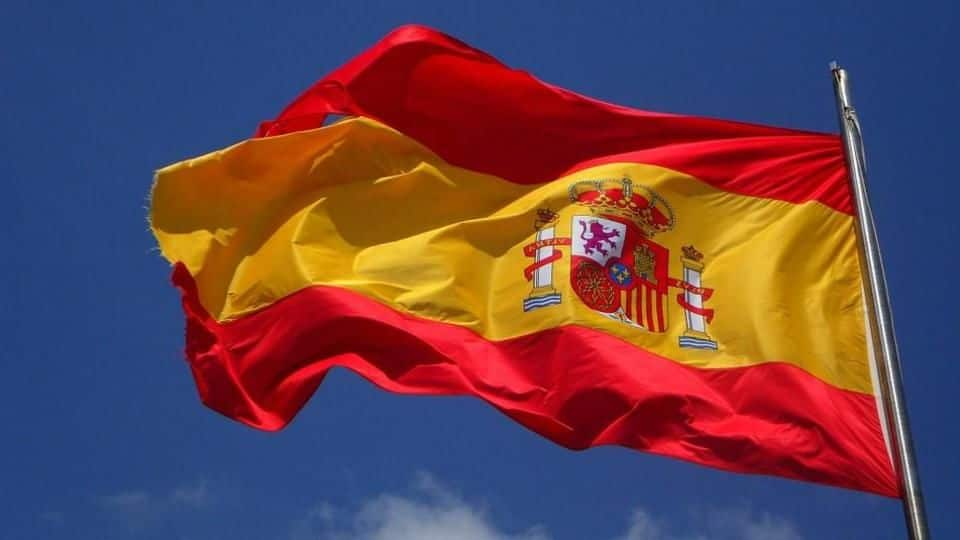
Amid #CatalanCrisis, Spain offers to allow future referendums
What's the story
The Catalan crisis recently took a dramatic turn after Spain initiated legal action and detained former-members of Catalonia's cabinet. According to the Spanish foreign minister Alfonso Dastis, Madrid is now considering constitutional amendments that would allow its regions to hold independence referendums in the future. This comes amid protests against Madrid's decision to detain the ousted Catalan leaders. Here's more about it.
Background
What was the Catalan independence referendum?
On October 1, Catalan leaders held a referendum in defiance of Madrid to ascertain whether its population backed independence from Spain. 90% of 2.2 million voters, who amounted to 40% of Catalonia's population backed independence. Madrid deployed its police forces to forcibly prevent voting. The crackdown left 900 people injured. Numerous anti-Spain protests erupted afterward, with organizations including FC Barcelona backing Catalan independence.
28 Oct 2017
Spanish PM dissolves Catalan parliament after independence declaration
On October 28, Spanish PM Mariano Rajoy dissolved the Catalan parliament after MPs voted to declare independence from Spain. Rajoy, had earlier warned Catalonia that Madrid would move to suspend the region's autonomy. He dismissed Catalan President Carles Puigdemont and his cabinet. The Catalan crisis erupted after its leaders defied a Constitutional Court ruling to hold an independence referendum.
03 Nov 2017
Catalan crisis: Sacked ministers put behind bars
On November 3, a Spanish court ordered to detain 8 former-Catalan ministers including Oriol Junqueras (vice-president), former interior minister Joaquim Forn( interior minister), Carles Mund (justice minister) and Ral Romeva (foreign affairs minister). Prosecutors are also trying to get a European arrest warrant against the recently removed Catalan President Carles Puigdemont and other ministers. The court order triggered mass protests in Barcelona.
05 Nov 2017
Ex-Catalan president Carles Puigdemont surrenders to Belgian police
On November 5, Puigdemont and four of his former advisers surrendered to the Belgian police. The ousted Catalan leader had fled to Belgium after Madrid dissolved the parliament and took direct control of Catalonia. Puigdemont who has been charged with offenses, including sedition and misuse of funds, had recently said that he wouldn't return to Spain unless he was guaranteed a fair trial.
Details
What did the Spanish foreign minister say?
Speaking to the BBC, Dastis said that a committee had been set up in parliament to look into constitutional amendments that can "better accommodate the aspirations of certain Catalans." Dastis asserted that the decision will have to be taken by all Spaniards," he added. Dastis also asserted that there was no "disproportionate use of force" while Madrid was trying to stop the referendum.
Information
What does this mean?
According to BBC's Gavin Lee, this is Madrid's way of offering an "olive branch" to Catalan independence supporters. In practice, the amendments would imply that instead of Catalans, all Spaniards would have a say in the matter of whether Catalonia should be independent.